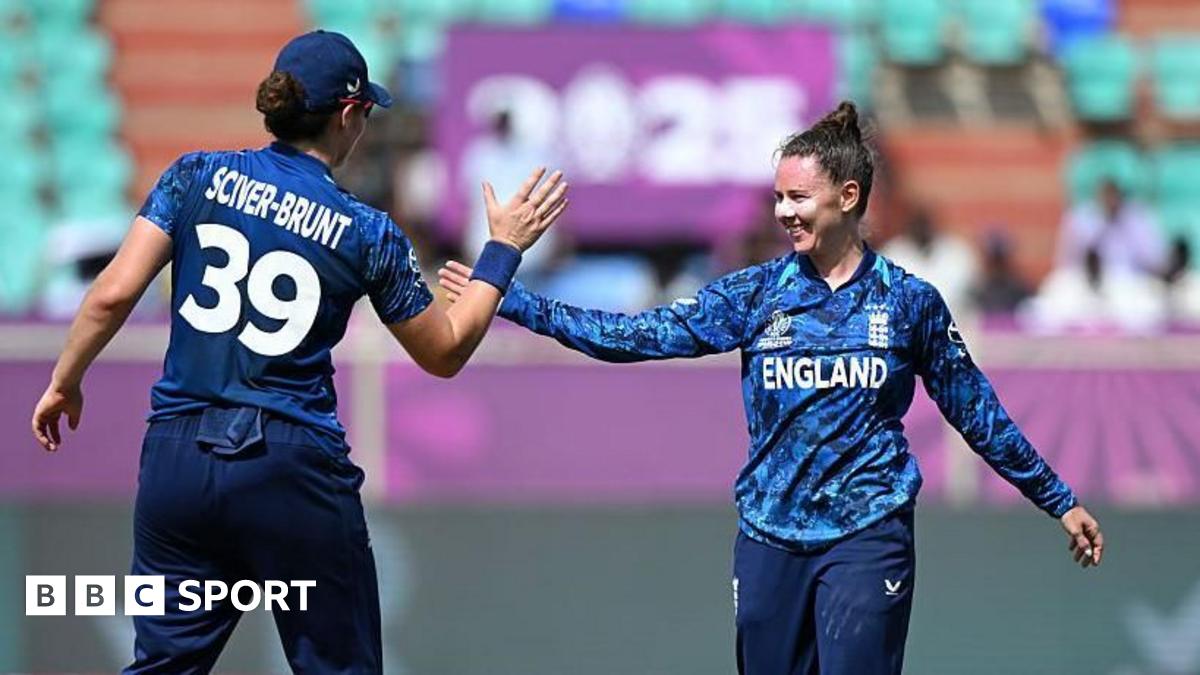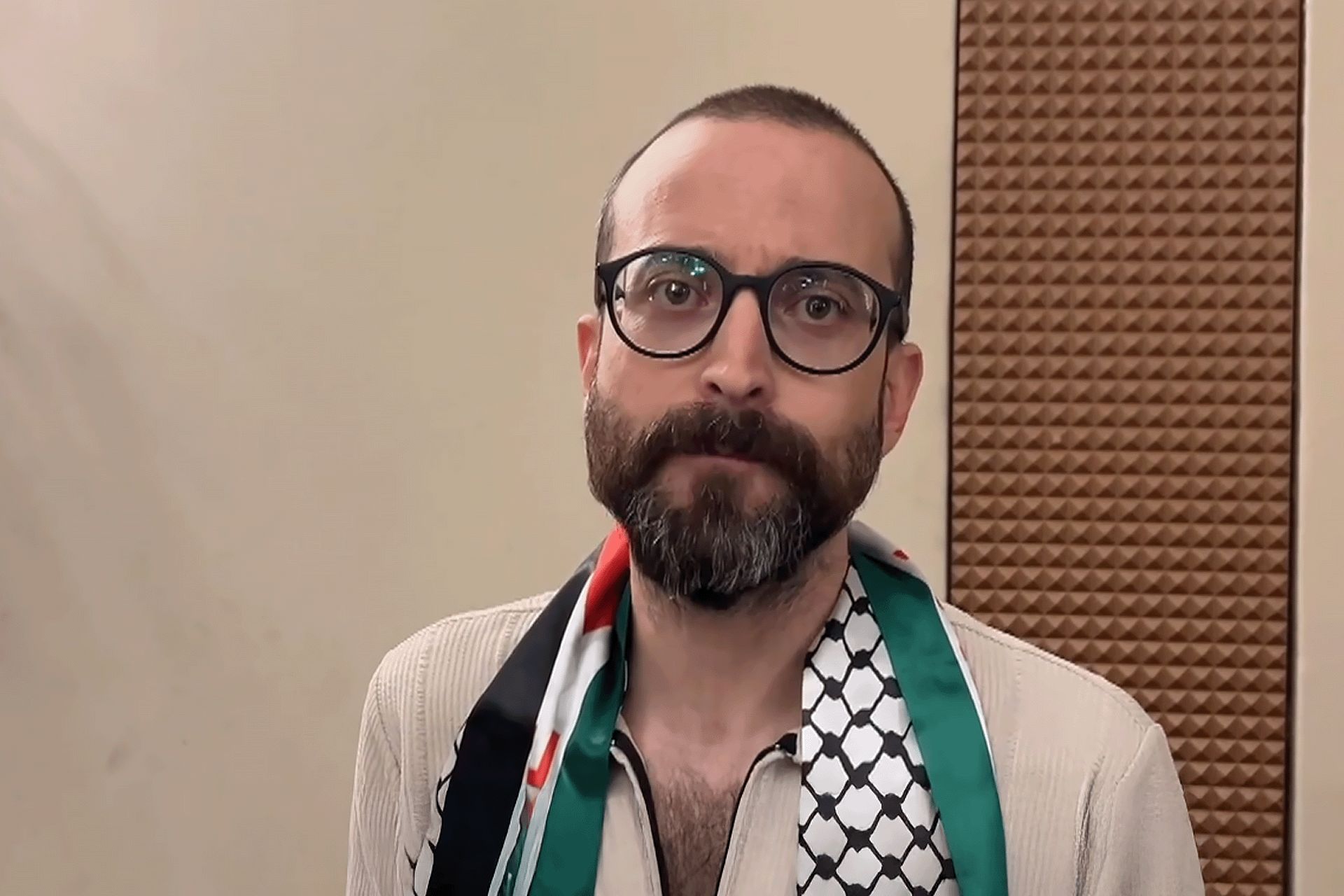
India Last Reported Polio Case In 2011
Deepak Kapur, Chairman, Rotary International’s India National PolioPlus Committee (RI-INPPC) told a leading media outlet, “India was officially declared polio-free in 2014, but the battle against the virus is still ongoing.”
Kapur, who played a significant role in the polio eradication campaign in India, while talking to the media, emphasises the need to maintain strong immunisation and surveillance programs to prevent the highly infectious viral disease from returning. He said, “Polio surveillance is critical for achieving and maintaining global eradication by detecting and tracking all poliovirus, including asymptomatic cases, informing vaccination strategies, and confirming the absence of circulation. Without it, public health authorities would be unable to pinpoint where the virus is still spreading.”
He further added, “As the world nears complete polio eradication, the importance of highly sensitive surveillance remains paramount. In the post-eradication era, surveillance will continue to be a priority for monitoring the cessation of vaccine virus circulation and confirming eradication for certification purposes. It is an essential and ongoing investment.”
Recalling the time when India last reported a polio case on January 13, 2011, in West Bengal, Dr Hamid Jafari, Director of Polio for the WHO’s Eastern Mediterranean Region said, “2011, the year when the last polio case was confirmed, was a year of great anxiety for us in India, but it was also the year of great effort to search for the virus. The more time that lapsed since the last confirmed wild poliovirus case, the higher the political stakes for any district or state to report a case of polio. And the media, in turn, began to set expectations that raised the stakes to match Mount Everest. It almost felt like we had held our breath while working away.”
Expert Opinion On Stopping Polio Resurgence
As Kapur rightly stated during a conversation with a leading media outlet that “monitoring for polio is an essential part of the country’s defence system”. He emphasized that support from authorities is crucial for detecting very quiet and symptomless poliovirus circulation. He added, “This constant checking is not just to prevent repeated outbreaks; it also indicates that no wild or vaccine-derived poliovirus is circulating undetected in the country.”
RI-INPPC chairman stresses on adoption highly sensitive surveillance system for the sake of national and global health security insurance. He said, “The testing of each stool sample, the investigation of every suspected case and the identification of each 0-dose child contribute to the closing of possible loopholes. In the post-abolition period, the single way of ensuring the complete disappearance of the virus is care. It is because the moment attention is turned away, the whole progress of the last three decades could reverse,” he stressed.
Symptoms Of Polio
Poliovirus or polio is a highly infectious disease that can affect anyone but mostly children under 5. It causes symptoms ranging from mild to usually goes unrecognized, according to the WHO. Initially, children may experience symptoms like fever, fatigue, headache, vomiting, stiffness in the neck, and pain in the limbs. However, the virus can cause paralysis, typically affecting the legs which remains permanent.
Follow TheHealthSite.com for all the latest health news and developments from around the world.






Leave a Reply